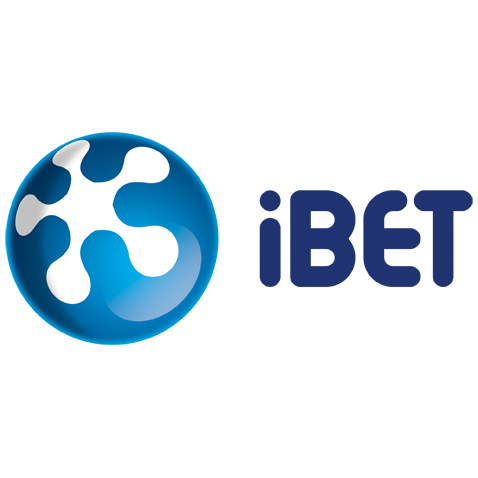iBET is an SME created to integrate biological and biochemical knowledge from academic and industrial partners into technology for economic wealth and job creation. The SME iBET is a private non-profit research intensive institution with the mission to integrate and strengthen biological and biochemical knowledge from its academic and industrial partners into technology and transfer it into economic wealth and job creation.
iBET brings together, as partners and collaborators, private companies and public institutions, creating a critical mass of competencies for product and process development. iBET comprises 16 laboratories and owns an adjacent bio pilot plant, in which companies have access to fermentation and downstream processing skills and equipment. iBET has coordinated over 20 international projects and has participated as work-package leader in more than 40 projects supported by the EC.
The iBET team has significant expertise in research in bioengineering, wastewater treatment, nutrient removal, biopolymer production and mathematical modelling, including the use of mixed microbial based processes for biopolymer production (e.g. polyhydroxyalkanoates - PHA) and resource recovery from residues. The group has a consolidated experience in the management and implementation of EU projects and a stable network with water and waste public and private companies and water authorities. In this field the Group holds relevant coordination roles such as: secretary of a specialist group of the International Water Association (IWA), co-chair of the COST action Water_2020 and editorial board positions in the journals of Water Science and Technology and Water Research. Furthermore this team has an extensive experience in training and supervision of higher education fellows (Masters, PhD and Post-Doc).




